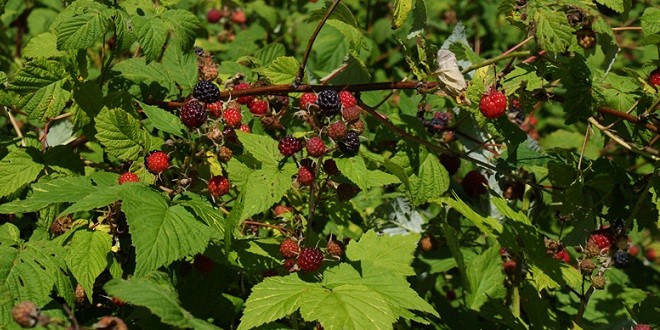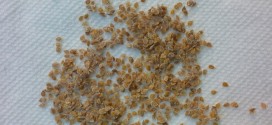A recent study shows that organically-grown foods are up to 69% higher in a number of key antioxidants than conventionally grown foods, proving that organic foods are more nutritious.
An international team of experts analyzed 343 studies into the compositional differences between organic and conventional crops and published their results in the British Journal of Nutrition, in a paper titled Higher antioxidant concentrations and less cadmium and pesticide residues in organically-grown crops: a systematic literature review and meta-analyses.
Most important of the finds are as follows:
- organically-grown foods are up to 69% higher in a number of key antioxidants than conventionally grown foods
The study found that concentrations of antioxidants such as polyphenolics were between 18-69% higher in organically-grown foods, which proves to a certain extent that organic foods are more nutritious than non-organic conventionally grown foods. The researched also noted that by switching to “eating organic fruit, vegetable and cereals – and food made from them – would provide additional antioxidants equivalent to eating between 1-2 extra portions of fruit and vegetables a day“.
- organic food contains significantly lower levels of toxic heavy metals
Cadmium, which is one of only three metal contaminants along with lead and mercury for which the European Commission has set maximum permitted contamination levels in food, was found to be almost 50% lower in organic crops than conventionally-grown ones. A number of factors have contributed to the significant difference in Cadmium contamination, among which are fertilization regime and crop rotation.
- lower incidence of pesticide residues than the non-organic comparators across regions and production seasons
The researchers noted that the study showed that “the prohibition of synthetic chemical pesticide use under organic farming standards results in a more than 4-fold reduction in the number of crop samples with detectable pesticide residues”, which supports studies that concluded that organic food consumption could reduce exposure to pesticide residues.
Please note that this study itself is not a study into the compositional differences between organically grown crops and conventionally grown crops. This is a “meta-analysis” which, according to the definition on Wikipedia, refers to “methods that focus on contrasting and combining results from different studies, in the hope of identifying patterns among study results, sources of disagreement among those results, or other interesting relationships that may come to light in the context of multiple studies“.
Now that we are sure that organic foods are more nutritious, let’s find out what organic foods we should eat (if we cannot eat 100% organic) in a later post.
 EatingOrganic.CA eating healthy, ethical & eco-friendly
EatingOrganic.CA eating healthy, ethical & eco-friendly




